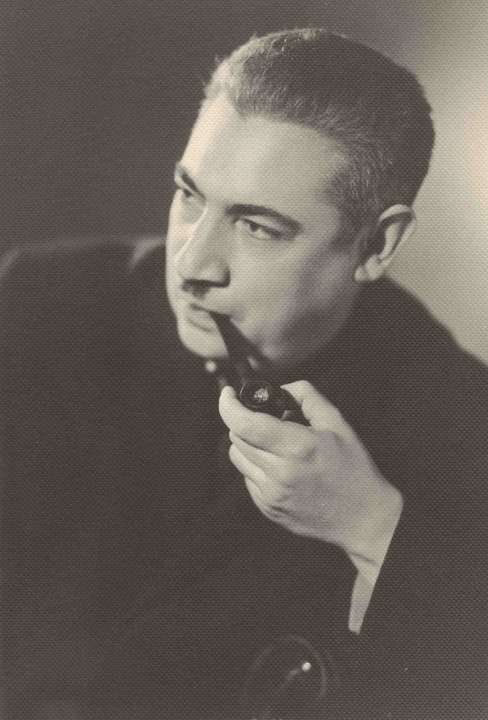
Леонид Фейгин
vn,
Musician / Composer / Arranger
A.k.a. Леонид (Лазарь) Вениаминович Фейгин
Leonid Feigin, or Леонид Фейгин (1923 — 2009) was a Soviet composer, arranger, and violinist. Born in Bobruisk (now Belarus) in the family of a physician, Leonid showed an outstanding musical talents since the early childhood. In 1929, after they moved to the suburbs of Moscow, young Feigin started attending a music school at Tchaikovsky's Academic Music College. In 1938, Leonid continued his training at Central Music School, where he soon joined a class of David Oistrach. Feigin further studied under Oistrakh's direction at the Moscow Conservatory, graduating in 1947. From 1943 to 1957, Leonid Feigin had been actively performing as a soloist, touring across the Soviet Union, Austria, GDR, Hungary, Romania, Albania and other socialist-friendly foreign countries. He was considered a notable figure in Russian violin school, combining perfect technique and rich, powerful sound with a deep introspection into the score. Feigin was known as a successor of the Moscow school in Russian classical music, influenced by Sergei Prokofiev in his early works, but advancing from homophony to linear, polyphonic structures in his post-1970s compositions. He was a student of Nikolai Myaskovsky and Vissarion Shebalin, and joined the Union of Soviet Composers in 1953. Throughout his career, Leonid Feigin had been writing in most symphonic and chamber genres. He authored several ballets and operas, three Symphonies, concertos for violin, trumpet, and two violins with a string ensemble, four quartets, a few sonatas for violin and piano, vocal compositions, music to theatrical plays and films. As a prolific arranger, Leonid Feigin orchestrated over 300 compositions by Russian and foreign composers, and created new instrumentation for several large-scale works, such as Mozart's Requiem, Verdi's opera The Battle of Legnano, Don Quixote ballet by Ludwig Minkus, Don Procopio opera by Bizet, and Franz von Suppé's operetta Donna Juanita. Feigin was a nephew of Véra Nabokov-Slonim, Vladimir Nabokov's wife and editor, who used her connections to put Leonid's name on the short list which Margaret Thatcher brought to Gorbachev during her visit to Moscow in 1987, with a personal request to grant these individuals permission to emigrate from USSR. One year later, Leonid Feigin with his wife, a pianist Galina Maksimova, moved to Britain. Initially, the couple was warmly welcomed by the Royal Family, Yehudi Menuhin and UK music establishment. They had been performing with chamber repertoire; some Feigin's compositions were published. But after an enormous wave of Russian artistic and intellectual elite entered London in the early nineties, the initial interest to Leonid Feigin started declining, and he never reached a wide success in the UK. Feigin's archives are stored at the British Library and Universität Bremen.
